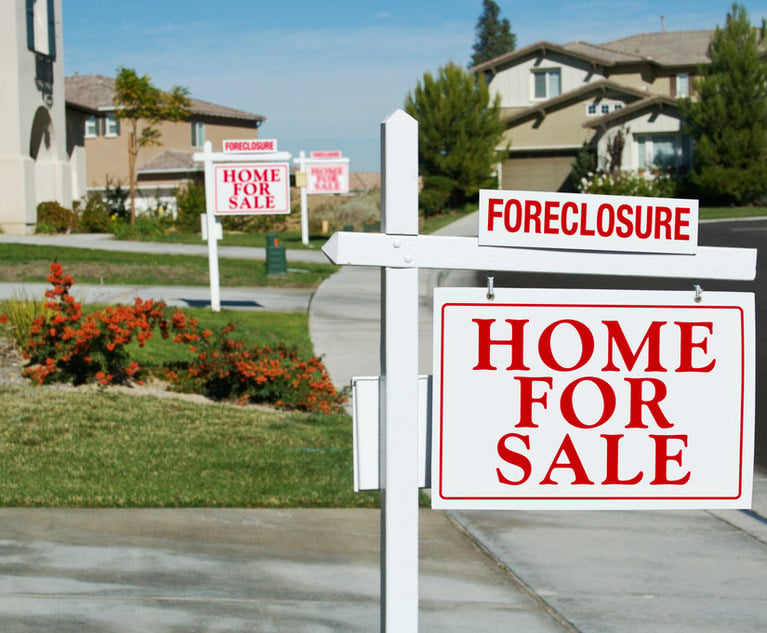The image that a sexual predator is a stranger trying to entice a small child is so outdated. Today, we know that sexual predators can be anyone—blood relatives, clergy, doctors, coaches, and, yes, teachers. As authority figures that students are taught to trust, when teachers breach that expectation, the psychological repercussions can last a lifetime. Sadly, hardly a day goes by when we don’t read headlines about teachers preying on children.
School districts, among other institutions, must parry and parse sexual abuse and molestation allegations (SAM) cases. The constant headlines about such cases reflect what appears to be an increase not only in cases, but also an increase in verdict values. Why the increase both in cases and in damages? An example can be found in 2019 legislation enacted in New Jersey, giving victims a two-year period in which to sue their abusers—until the victims reach the age of 55 or within seven years of the time their memory of the incident(s) caused them harm. New Jersey was the 11th state to pass such legislation. What is unique is that the statute allows individuals who were sexually assaulted as adults to file lawsuits seeking damages.
This content has been archived. It is available through our partners, LexisNexis® and Bloomberg Law.
To view this content, please continue to their sites.
Not a Lexis Subscriber?
Subscribe Now
Not a Bloomberg Law Subscriber?
Subscribe Now
LexisNexis® and Bloomberg Law are third party online distributors of the broad collection of current and archived versions of ALM's legal news publications. LexisNexis® and Bloomberg Law customers are able to access and use ALM's content, including content from the National Law Journal, The American Lawyer, Legaltech News, The New York Law Journal, and Corporate Counsel, as well as other sources of legal information.
For questions call 1-877-256-2472 or contact us at [email protected]


 Credit: Photographee.eu/Adobe Stock
Credit: Photographee.eu/Adobe Stock




